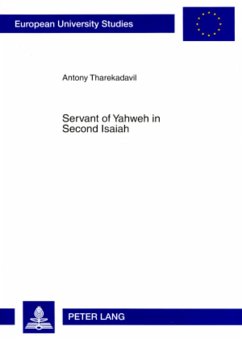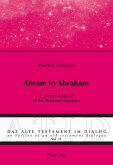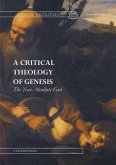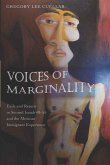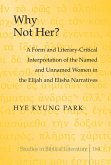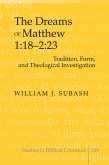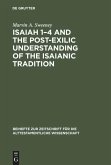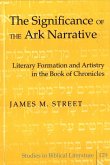The notion implied in the word "servant" necessarily points to someone (the lord) of whom he is the servant. Isaianic notion of the servant is not an exception to this idea: the prophet is not presenting an isolated and abstract concept of a "servant" but he is speaking about the servant of Yahweh. The servant passages in Second Isaiah should therefore be read in relation to other texts that present Yahweh as the Lord. These texts together explain the concept of the servant. The work therefore reads twelve suggested Isaianic servant passages as original and integral parts of Isaiah 40-53. Thirteen texts that present Yahweh as the Lord are also analyzed. The Isaianic idea of the servant appears to be the result of the exilic reinterpretation of the traditional servant of Yahweh concept.

